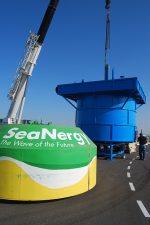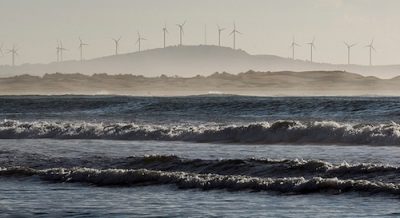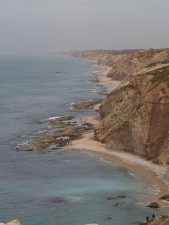In 2009, Lebanon pledged to produce 12% of its electricity from renewable sources by 2020- is this target optimistic today?
Renewables are becoming an important source of discussion in the Middle East, as it should. Vestas estimates renewables accounts for only 0.2 % of power production in the Middle East and North Africa (MENA), an embarrassing figure considering the EU’s average is 17% (the highest being Norway with an incredible 103%) and the global average is of around 3%. But Lebanon is looking to aim high.
Pierre el Khoury, director of the Lebanese Center for Energy Conservation, believes Lebanon is well on its way to reaching relatively substantial goals. During the 2009 Copenhagen climate summit, the Lebanese government pledged to source 12% of its electricity from renewable resources by 2020.
In an article in the Daily Star, Pierre El Khoury is confident that – assuming the continued development of the different mix of renewable energy technologies: wind, hydro, solar thermal, solar power and bioenergy- total production of renewable energy capacity will reach the 12 % target. In fact by 2020 total renewable energy production could add up to 19% of total production assuming political stability and the development of wind energy.
A wind atlas of Lebanon
In 2010 the Energy Ministry, with the support of the UNDP CEDRO, launched the national wind atlas of Lebanon (links to PDF) and interestingly the results revealed that Lebanon’s potential for wind energy is extremely high.
According to the project; 6,200 MW (current demand on electricity stands at around 2,400MW) of electricity can be produced from wind but due to constraints such as land ownership, issues with the electricity grid and other legal factors the realistic production stands around 400 MW.
Although no wind farms have been built yet, the potential is there, especially if the private sector is allowed to take part in renewable energy production by changing Law 462 says Pierre El Khoury.
According to M. Chatah, Lebanese former Finance Minister “Electricity is the mother of all problems in Lebanon … the size of the problem is beginning to pose a danger to public finances.”
It is evident that Lebanon needs to seriously consider revamping its electricity sector if it wants to improve fiscal, economic and even political stability, but it may a little too late in this season, especially with the recent and insurgent turmoils.
Immage of Wind Turbines from Shutterstock




